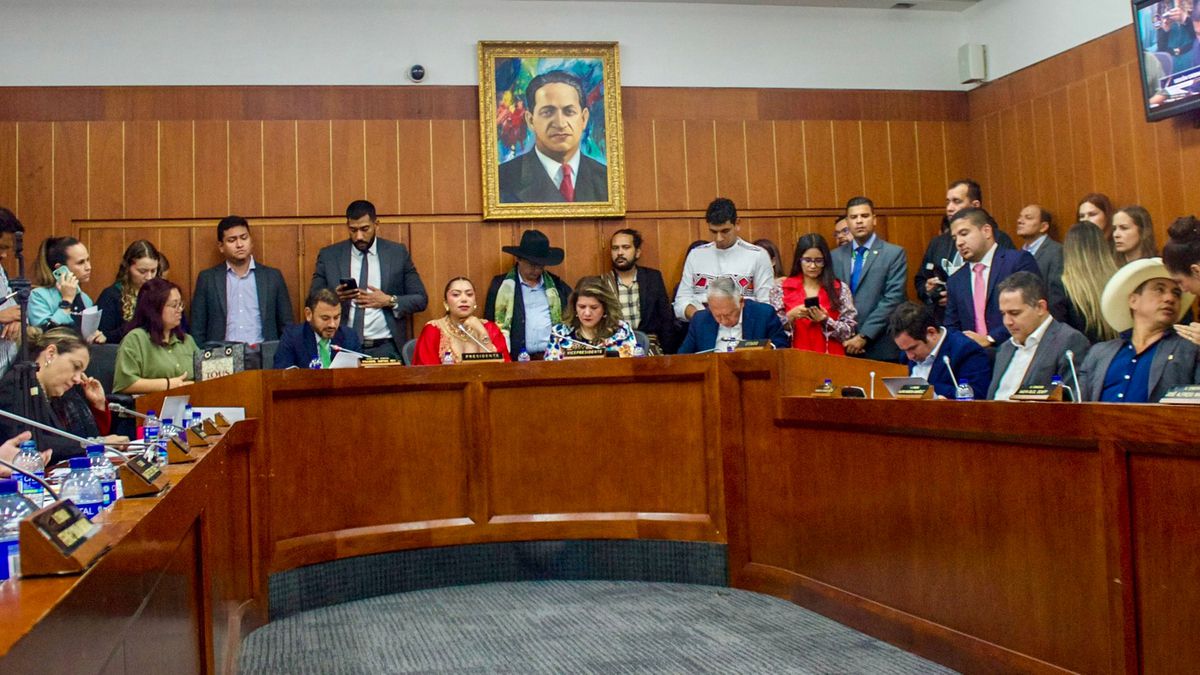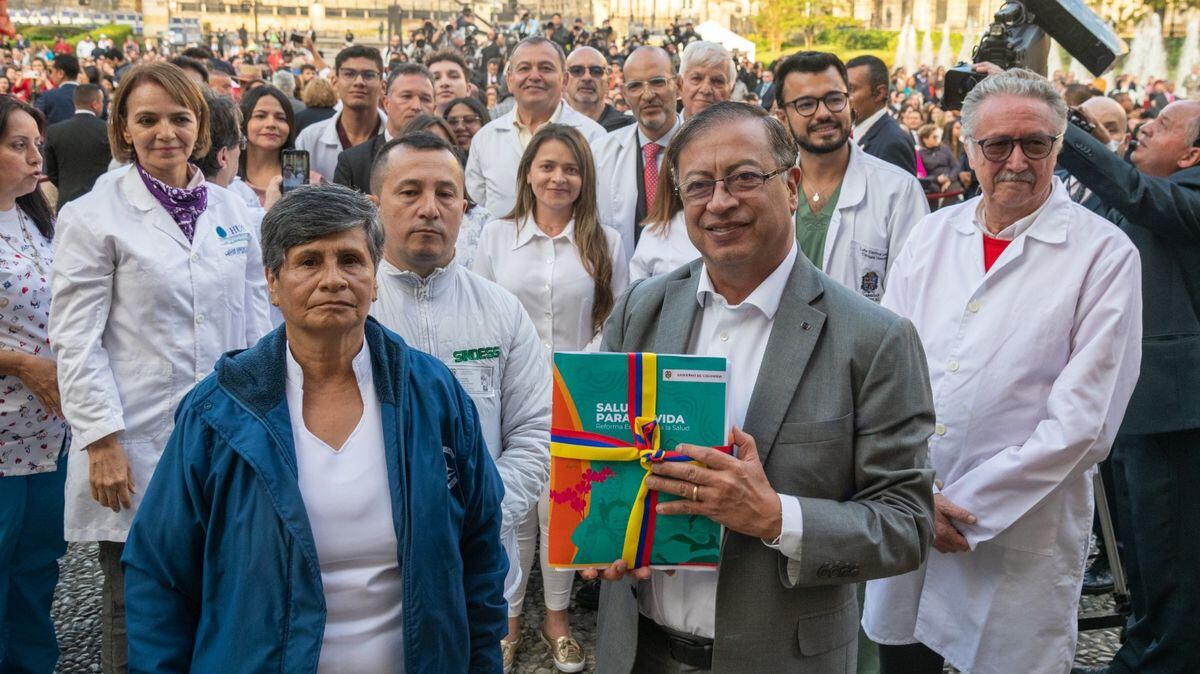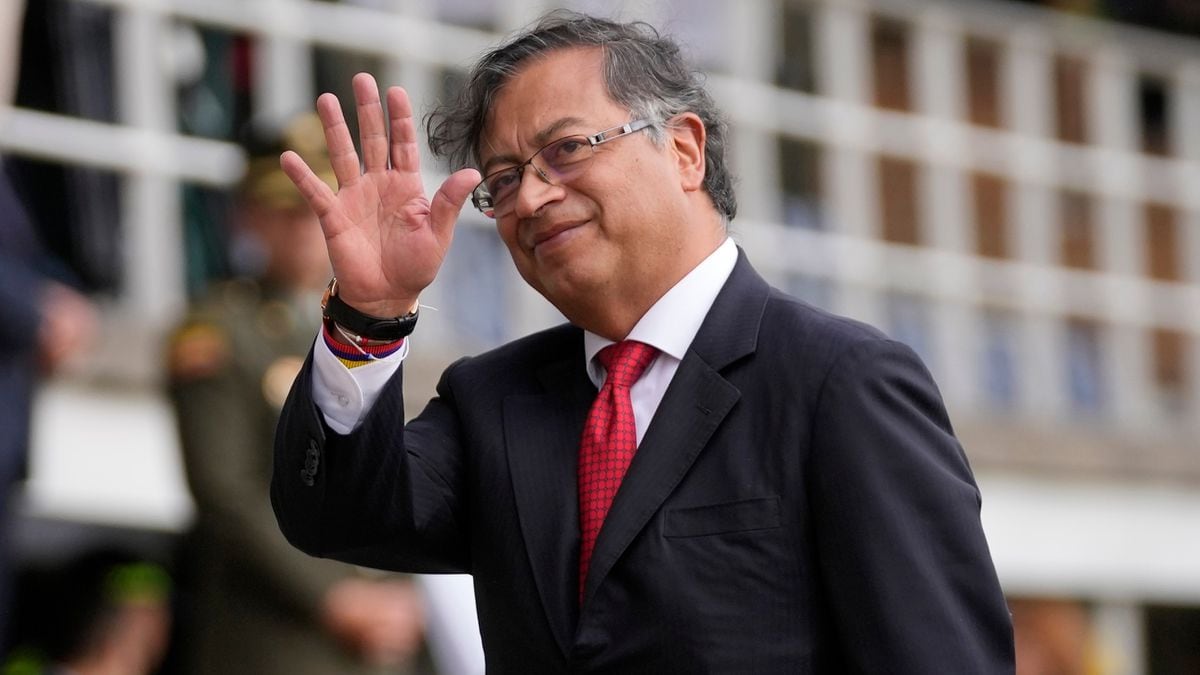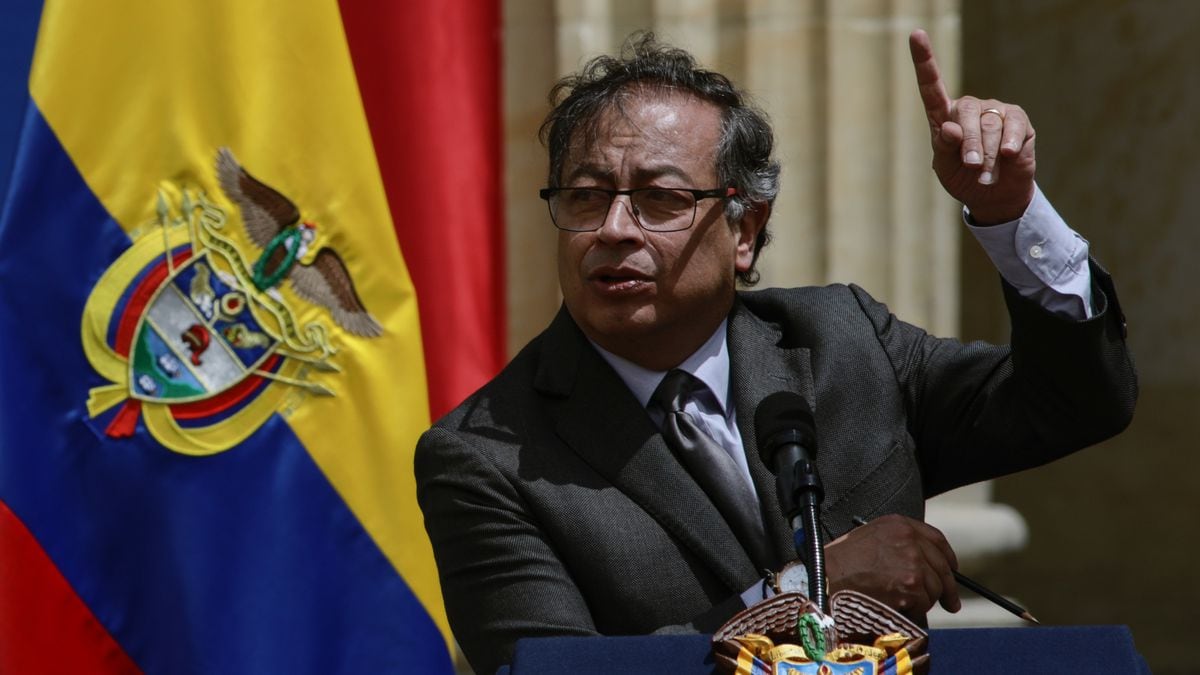The challenges facing Petro to attract foreign investment 0:53
(CNN Spanish) --
If I am a pensioner, will I have to pay taxes?
This is one of the main doubts that arose after the presentation of the tax reform project of the Government of Gustavo Petro.
The answer, according to those responsible for writing it, leaves no room for doubt: it depends on how much money you receive per month.
Pensioners who earn more than 10 million pesos per month will pay taxes for this concept, according to the reform, which has focused on natural persons with incomes that exceed that figure, equivalent to about US$ 2,300.
Which people are going to pay more taxes with Petro's tax reform?
This, according to the explanation given by the Minister of Finance, José Antonio Ocampo, in an interview with the magazine
Semana
, would impact 0.2% of pensioners.
This was explained by its technical deputy minister, Gonzalo Hernández, in a dialogue with Noticias Caracol: "Unfortunately we have a pension system that does not provide a pension: three out of four older adults who would be entitled to a pension do not have a pension. Of the two million pensioners that we have at this time in the country, only two per 1,000 would be covered by having to contribute a little more.
Taxation, which is around 20%, would be applied only to amounts from 10 million pesos.
How?
"I explain: someone who has a pension of 12 million, pays 20% for those 2 million more, that is, they would pay 400,000 pesos," the minister exemplified in the interview, also assuring that Colombia is the "only country in the world in which both pension contributions and the pension itself are exempt from tax".
advertising
What was the confusion?
In the discussion on this topic, questions had been raised about how much those with a pension greater than 5.6 million pesos (about US$1,290) would pay.
The doubt seemed to arise from the text of the bill itself, which states that "retirement, disability, old age, survivors' pensions and professional risks will be taxed only on the part of the annual payment that exceeds one thousand seven hundred and ninety (1,790 ) UVT [tax value unit]", which is equivalent to a collection of about 5.6 million pesos per month.
The director of National Taxes and Customs (DIAN), Luis Carlos Reyes, spoke on the subject, saying: "5.6 million are exempt income, but the remaining 4.4 million are either taxed at 0% or are non-revenue income. constitutive of income. In the end, the result is that no pension of less than 10 million is touched".
Progressivity in the payment of pensioners
Among the pensioners who receive more than 10 million pesos per month, which is about 4,000 according to Guevara, not all will contribute in the same proportion because the progressivity criterion on which the text is based will be applied, according to the Government.
Guevara explains it like this: a pensioner who earns 15 million pesos a month (about US$3,400), for example, will have to contribute around 200,000 - 300,000 pesos a month (about US$46-69), while those who have access to a "mega-pension (...) will have to proportionally contribute much more.
Gustavo Petro








